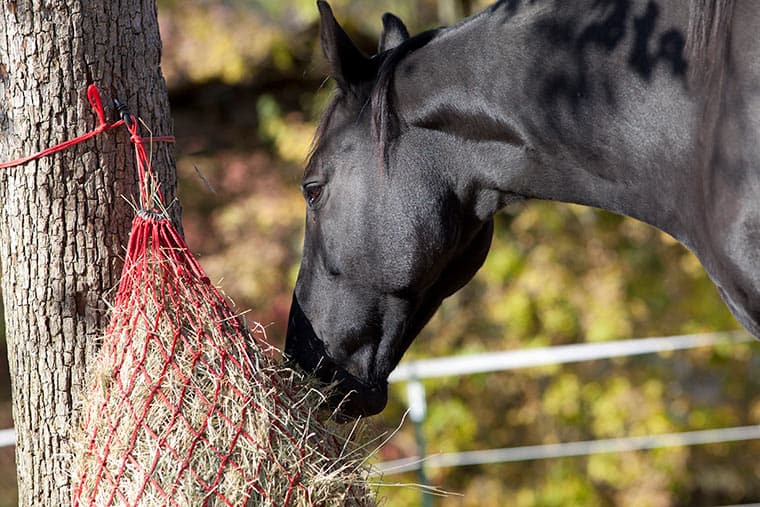
Study: Protein After Exercise Might Help Horses Build Muscle
Scientists believe feeding horses a high-protein meal shortly after exercise could improve muscle health and growth; however, more research is needed.
All aspects of caring for performance horses

Scientists believe feeding horses a high-protein meal shortly after exercise could improve muscle health and growth; however, more research is needed.
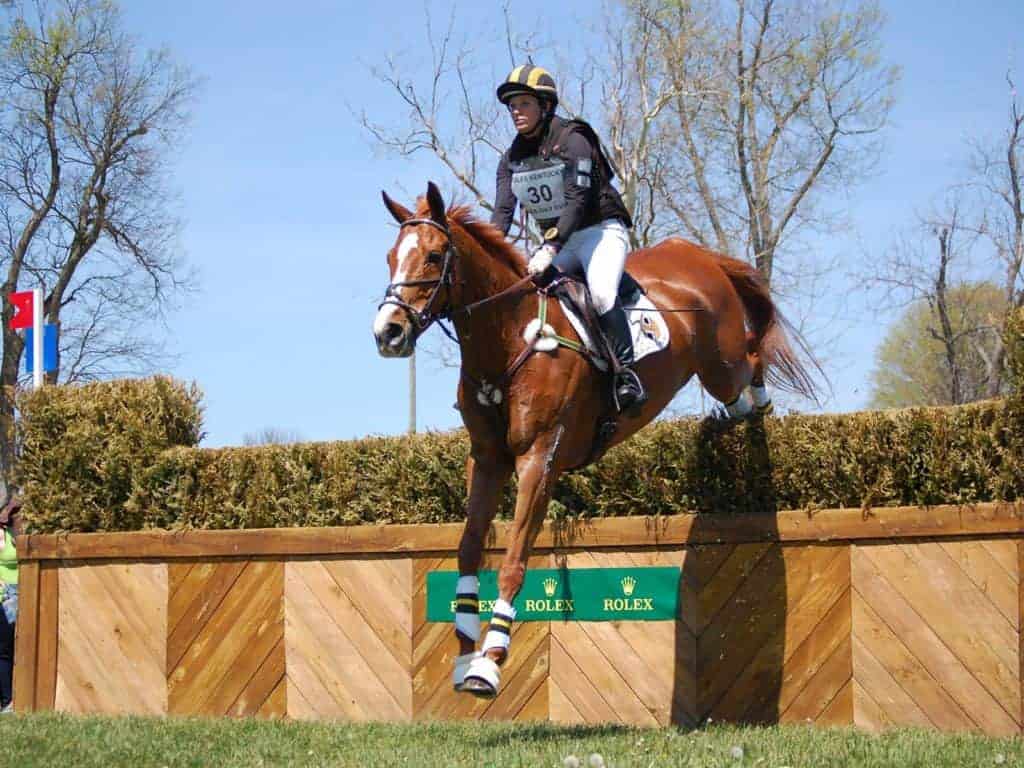
Restoring muscle glycogen, rehydrating, and ensuring a horse’s diet offers enough vitamin E all help with recovery after strenuous exercise.
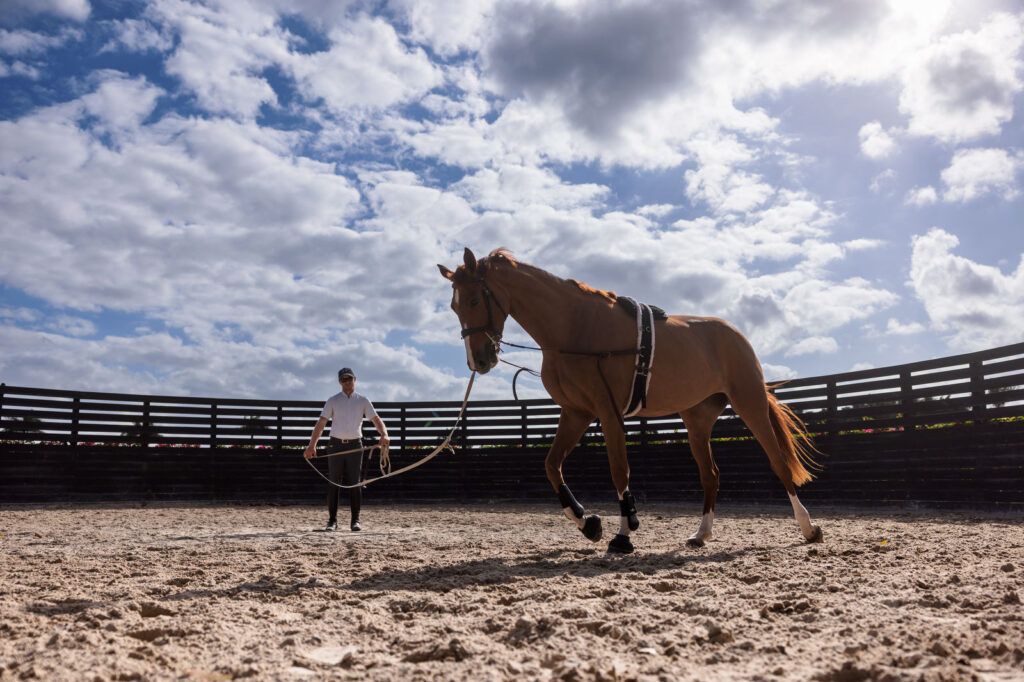
An equine surgeon answers a listener’s question about the safety of longeing her 2-year-old horse in this podcast excerpt.
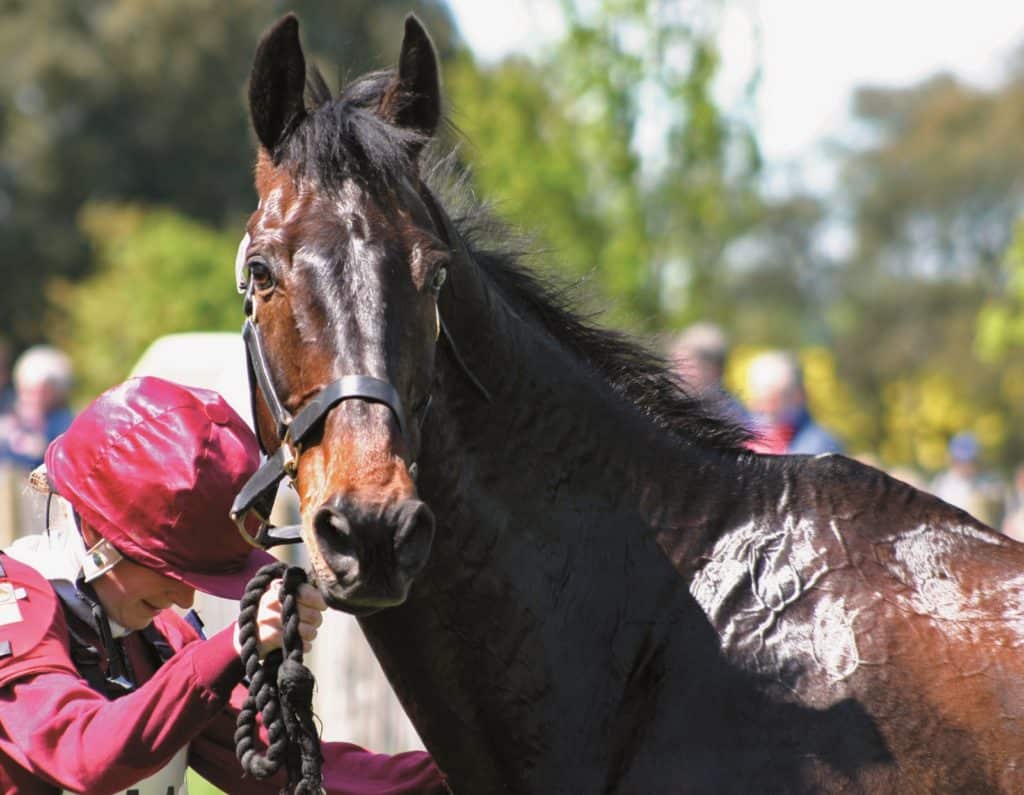
Electrolyte loss through sweat can lead to dehydration, fatigue, and poor recovery. Here’s how to support your horse’s health during work and warm weather.
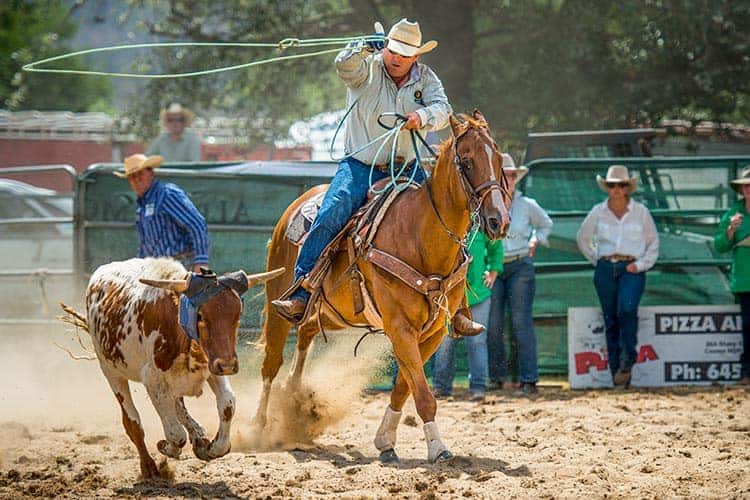
Where do free radicals come from, and how do antioxidants regain control of these wayward molecules? We answer these questions and more.
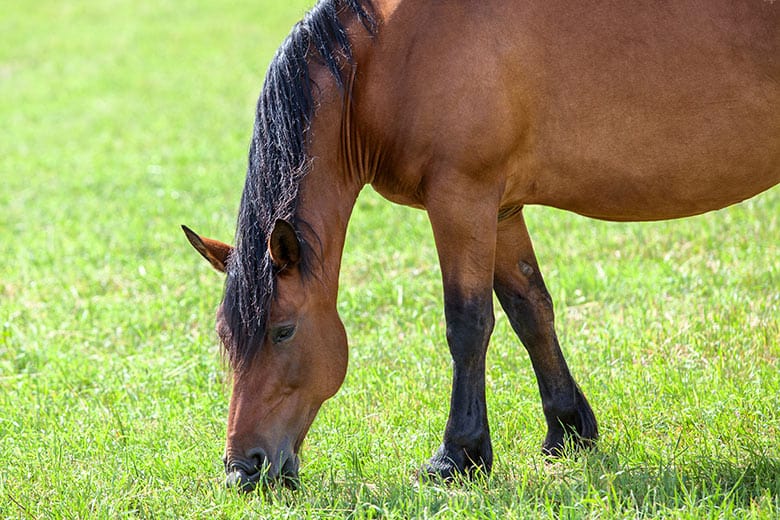
Nutritional evaluations take the guesswork out of whether your horse is consuming a balanced diet.
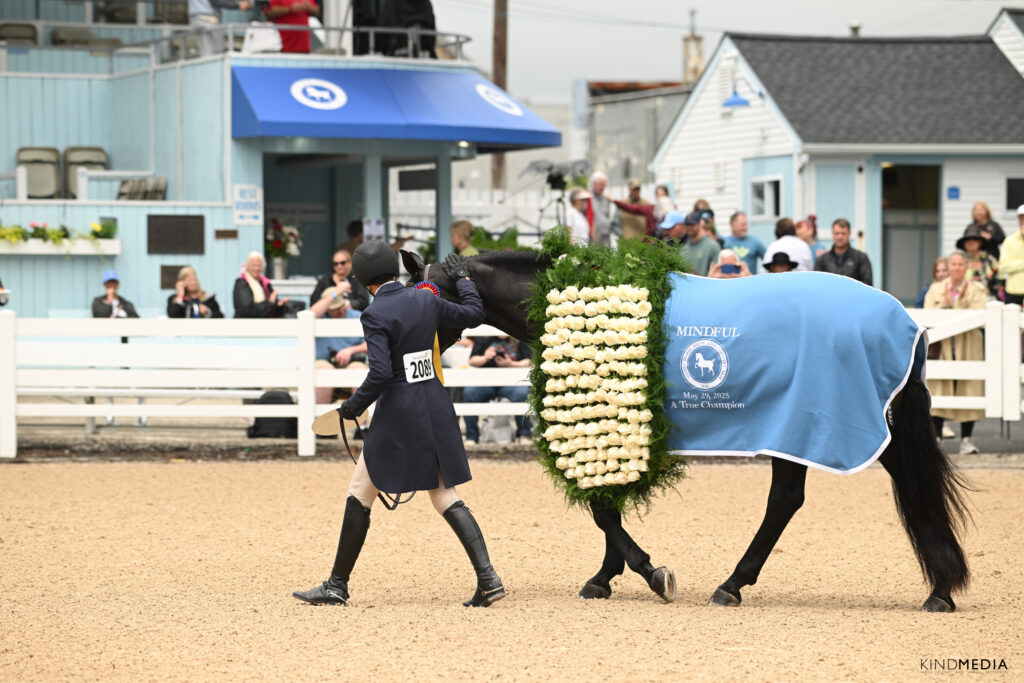
Read about how Mindful, a 21-year-old Hanoverian gelding, stayed competitive at the highest levels in The Horse‘s Older Horse 2025 issue.
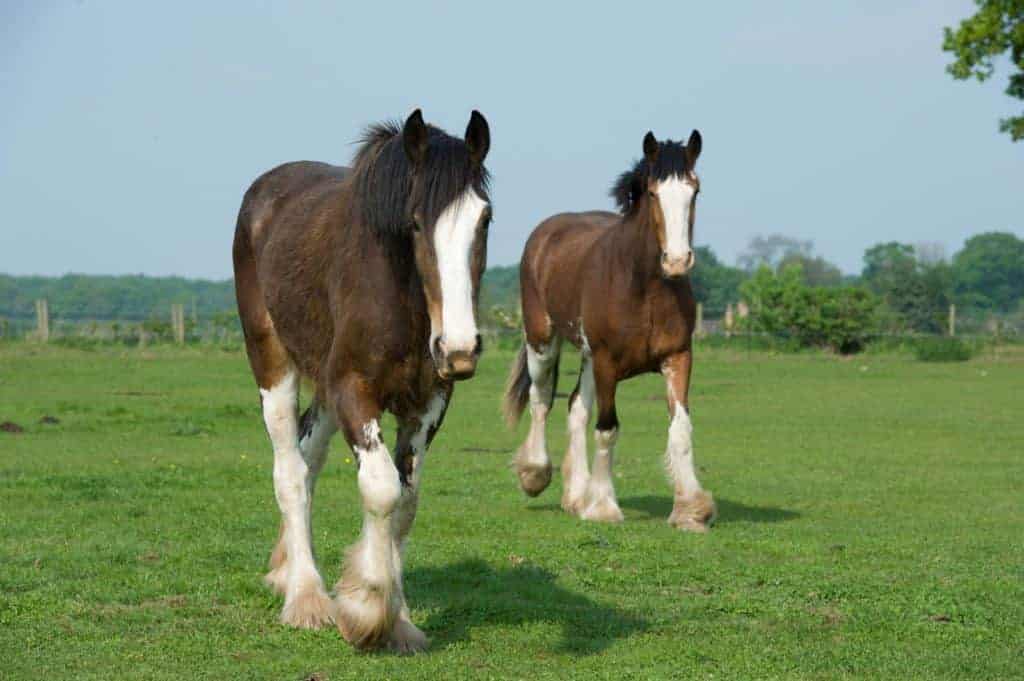
Find out how the amount of time your young horse spends in turnout might affect his joint development, especially in the first years of life.
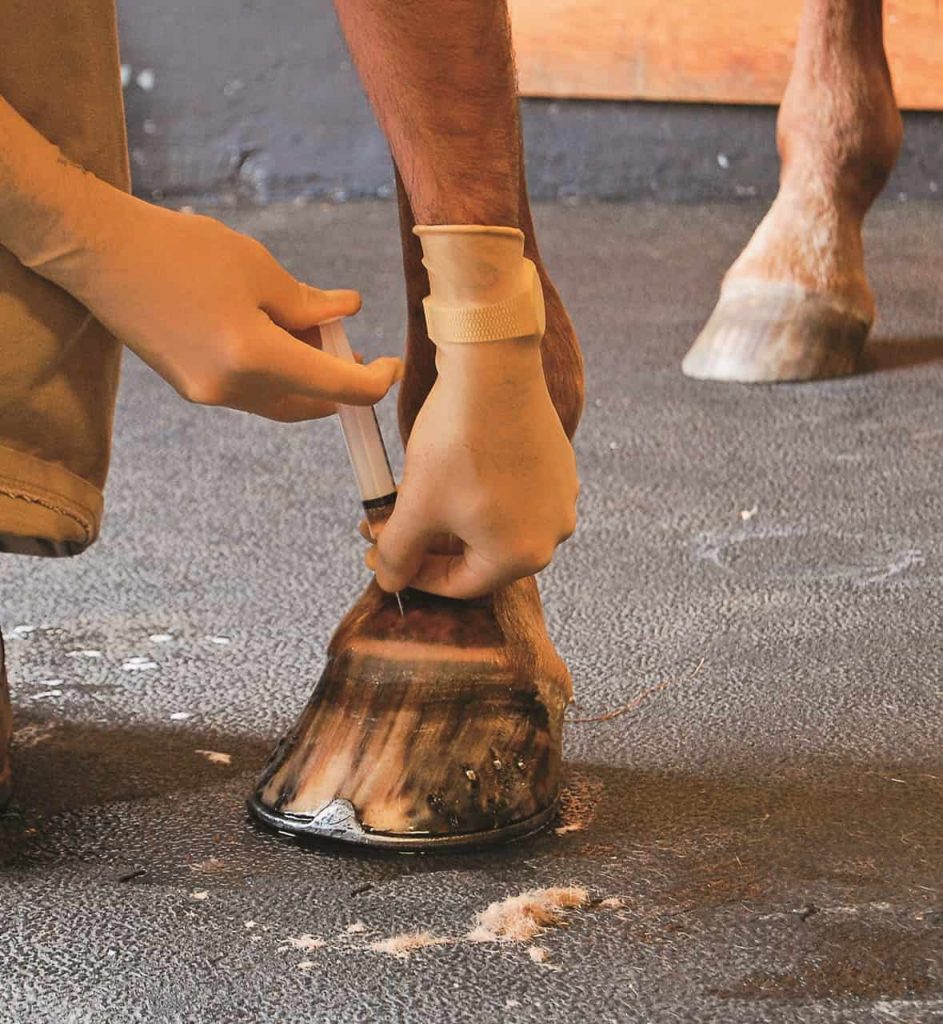
Joint injections can be complicated by a horse’s age, purpose, and health. Here’s how veterinarians approach various scenarios.
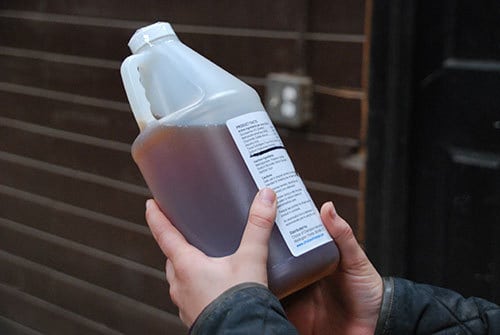
Evaluate how supplements can fit into a complete equine management program.
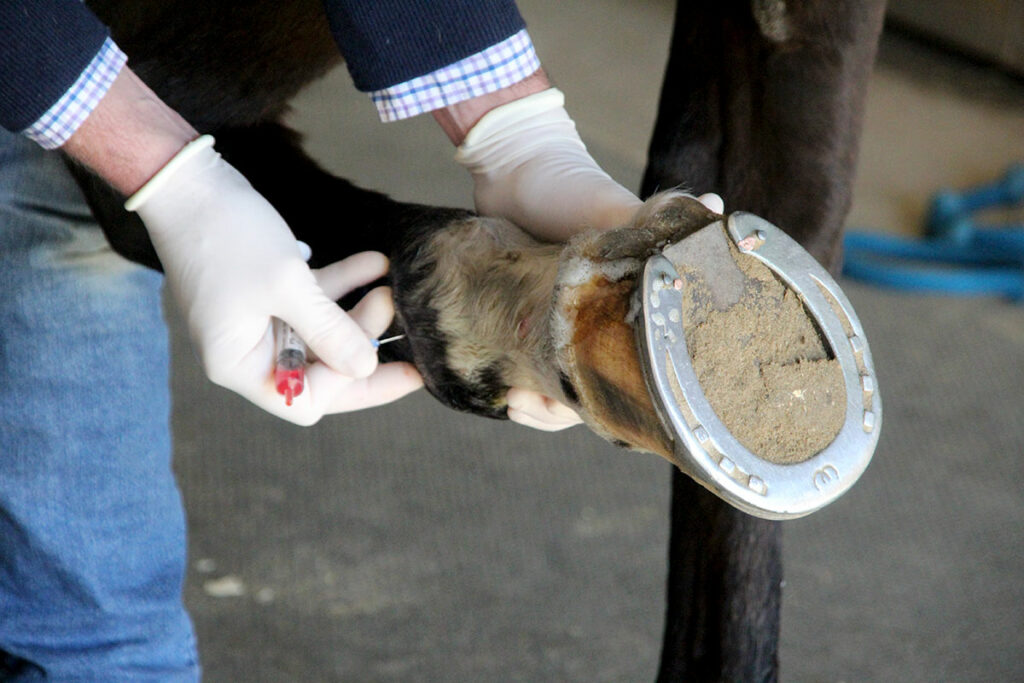
Learn about the biologic, or regenerative, therapies that have altered the way many equine veterinarians treat problematic joints.
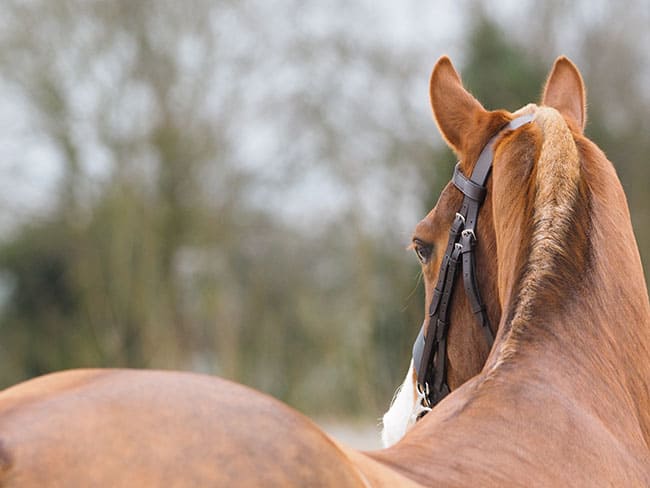
These 6 steps can help transform your horse’s topline from underdeveloped to well-toned.
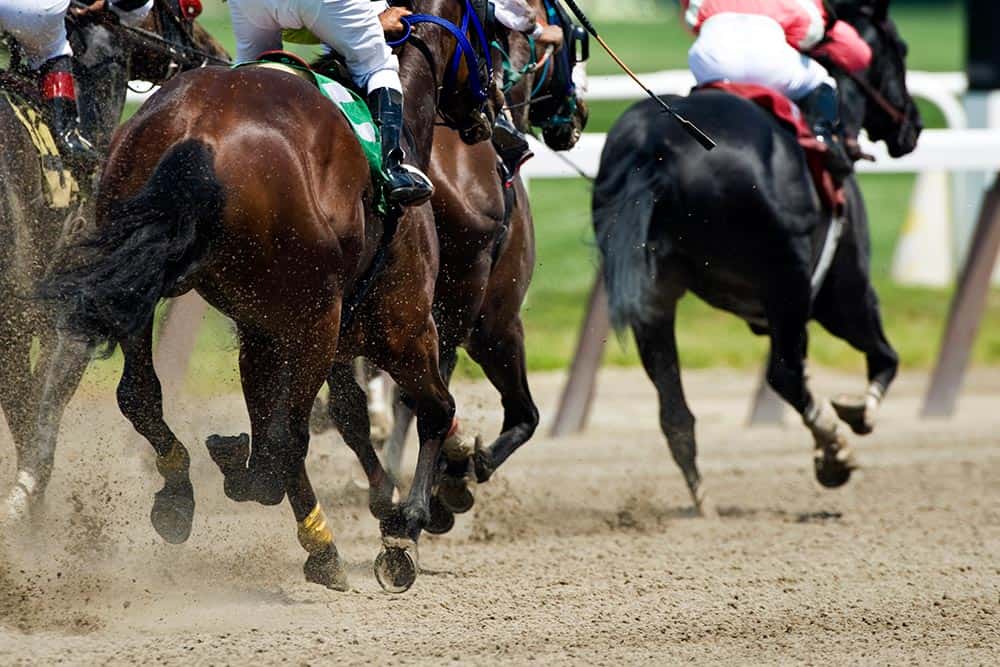
Researchers have defined the significance of suspensory ligament abnormalities and their impact on racehorse performance.
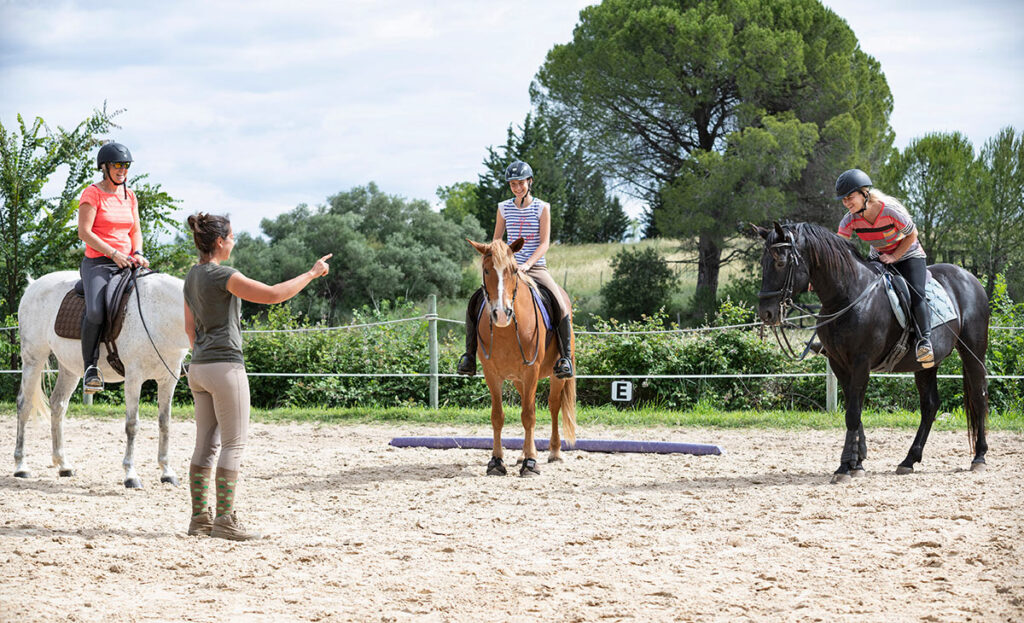
Learn about the challenges and unique needs of school horses and how to keep them sound for the long haul. Read more in The Horse‘s Older Horse 2025 issue.
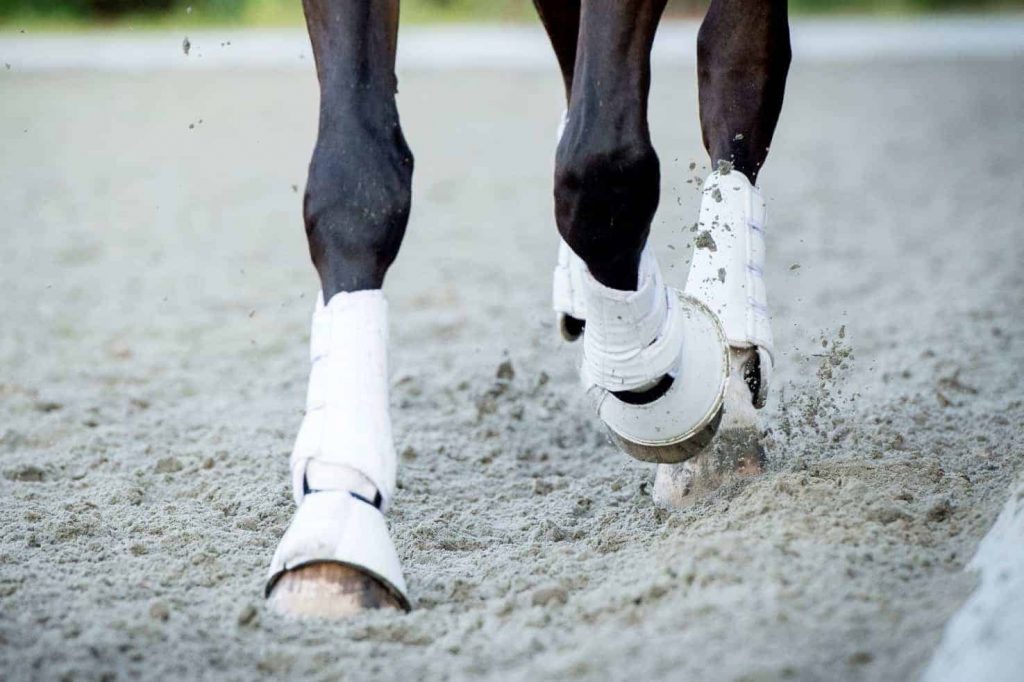
Weigh the risks and benefits of various types of boots and wraps before strapping them to your horse’s legs.
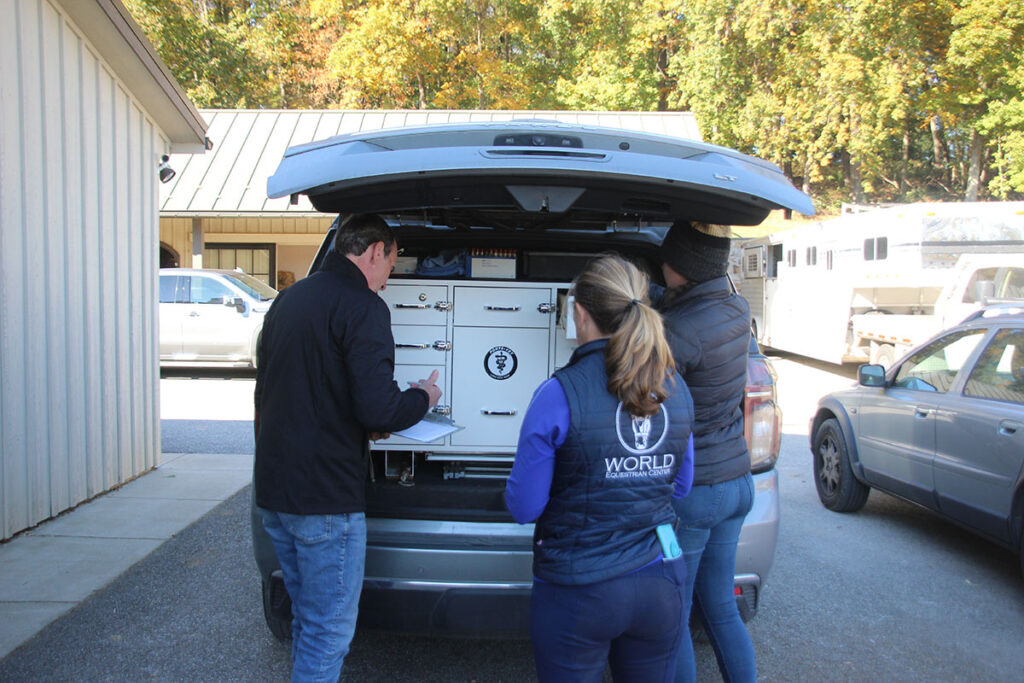
Veterinarians can guide horse owners in choosing supplements by assessing diet first, identifying the horse’s needs, and then recommending evidence-based ingredients.
Stay on top of the most recent Horse Health news with
"*" indicates required fields